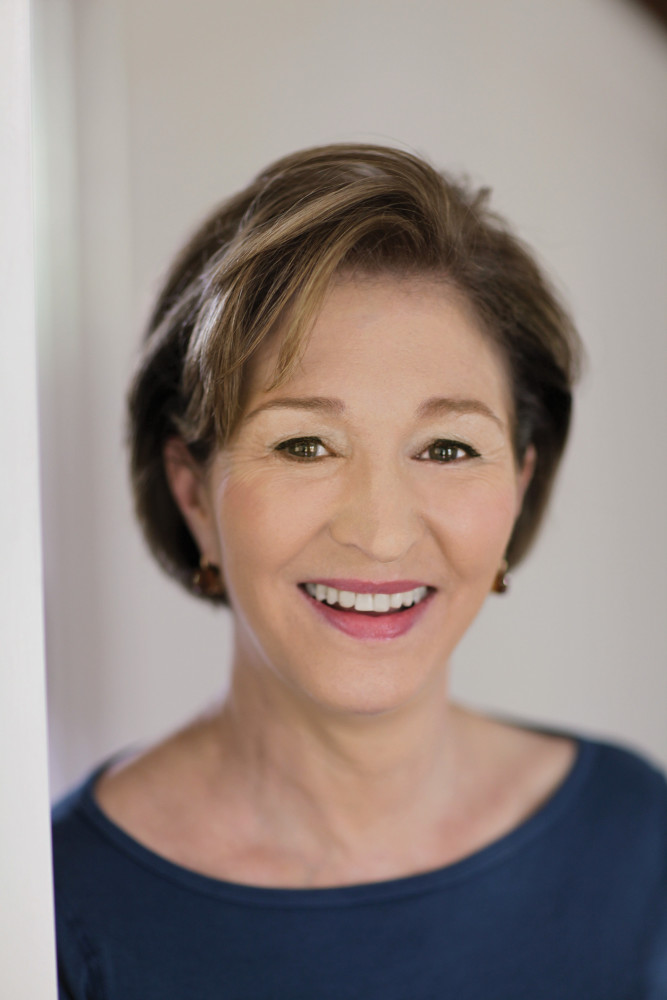By Heidi Stevens
Chicago Tribune.
Anne-Marie Slaughter’s essay, “Why Women Still Can’t Have It All,” is among the five most-read articles in the history of The Atlantic.
It has been viewed an estimated 2.7 million times since its 2012 publication and is widely credited with injecting energy (positive and negative) into the long-running conversation about work/life balance.
Slaughter continues that conversation in her new book, “Unfinished Business: Women, Men, Work, Family” (Random House), released Sept. 29, in which she devotes considerable time to redefining the “all” we’re struggling so mightily to have.
“I couldn’t have written this book three years ago because I didn’t believe then what I believe now,” Slaughter told me by phone recently. “I grew up believing my father’s work was more important than my mother’s work and that to be a liberated woman was to be like my dad and become a lawyer.”
Slaughter went a few steps beyond lawyer, serving as the first female director of policy planning under Secretary of State Hillary Rodham Clinton. She commuted to Washington, D.C., every week from her home in New Jersey, where her husband, Andy, served as “lead parent” to their sons, ages 10 and 12 when she started the job in 2009.
Two years in, she gave up her dream gig and headed back to Princeton to resume her post as a law professor.
“I had always believed, and told all the young women I taught and mentored, that women could ‘have it all,’ meaning simply that they could have careers and families in the same way and at the same levels that men do,” Slaughter writes. “Men who are presidents, CEOs, directors, managers, leaders of all kinds have families, too. … But here I was, as committed to my career as I had ever been, making a choice I had never expected to make and being certain it was the right one.”
This book explores what made her so certain.
To be clear, she’s not telling women to curb our ambitions. But caring for our loved ones should be chief among those ambitions, she argues, and our workplaces, marriages and federal policies need to reflect that.
“I no longer think my dad’s work was more important than my mom’s,” Slaughter told me. “I see the way my mother invested in all of us, her three children and her extended family, and I think that is an equal achievement. That is equally necessary for society, but it was also hugely important for her.
“We grow by investing in others as much as we do investing in ourselves,” she said. “It took me a long time to sort that out, because the traditional world of women’s work was investing in others, and the traditional world of men’s work was investing in themselves and competition.”
Slaughter spent much of her professional life trying to upend tradition, not uphold it. “Unfinished Business” isn’t so much a shift away from that approach as it is a broadening of it.
Women, she argues, should have ample time to nurture children, aging parents, ailing spouses, without watching their careers suffer.
It sounds simple, but the fact that 2.7 million people read and argued over her Atlantic piece implies otherwise.
“As more and more women entered the world of work, the relationship between work and family became one of profound tension, each tugging at the other,” Slaughter writes in “Unfinished Business.” “In fact, however, family makes work possible in the same way work makes family possible. It’s up to us to create the conditions in which the two can reinforce each other.”
That means referring to men with careers and kids as “working fathers,” the same way we call women “working mothers.” It means advocating for paid paternity leave with the same fervor we advocate for paid maternity leave. It means pushing corporations and the federal government to support flexible hours, generous family leave and quality child care.
“It is society as a whole that assigns value and prestige to what people do,” she writes.
Slaughter’s father enjoyed most of that prestige, in her eyes and society’s, when she was growing up. He, in turn, pushed her to pursue the same career-based prestige.
“But as progressive as he was, it never would have occurred to him to raise his sons, my brothers, to embrace caregiving as much as he raised me to be a breadwinner,” she writes. “That is the world we must now create.”














































































































































































































































































































































































